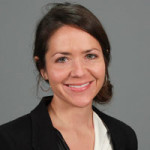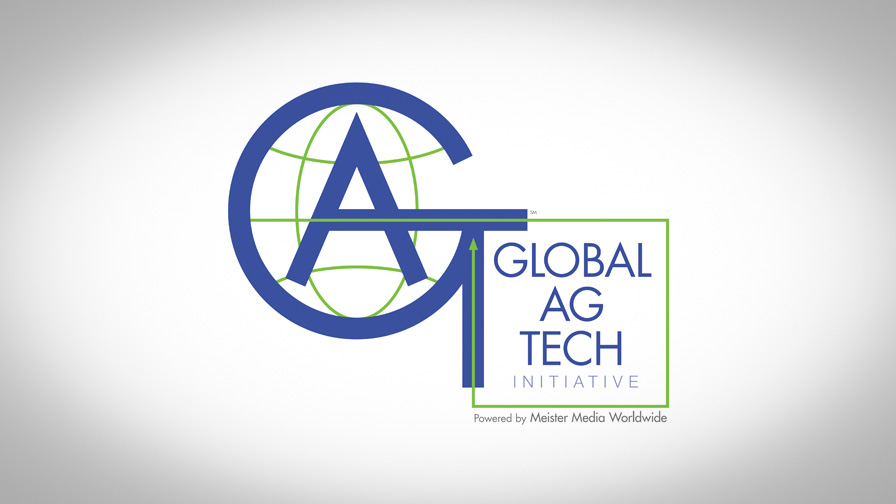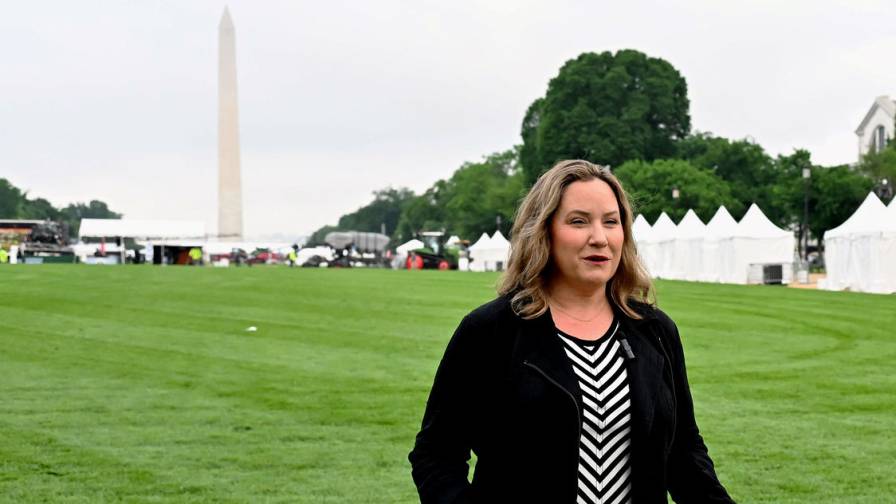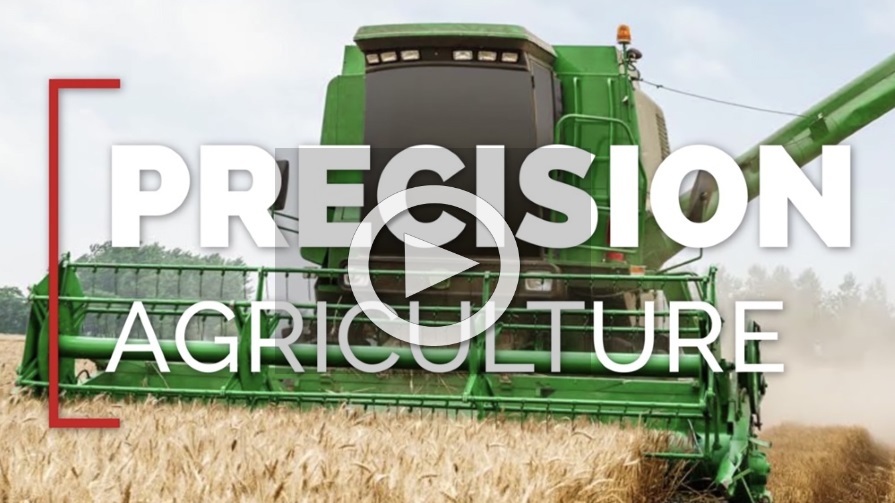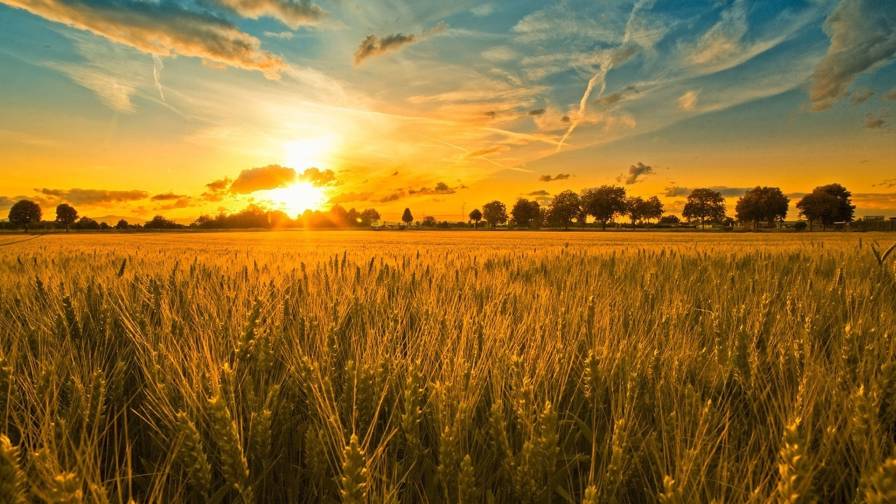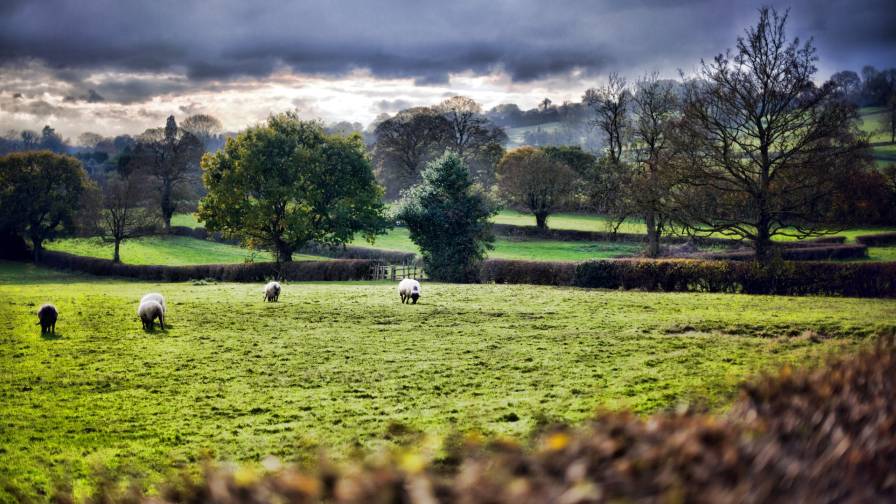Chasing the Mystery Behind Soil Variability: Newell Kitchen
 Editor’s Note: The PrecisionAg Awards of Excellence program — sponsored by the PrecisionAg Institute — honored the class of 2018 winners during the InfoAg Conference in St. Louis, MO, in July. This year’s winners include Bruce Erickson, Purdue University (Extension/Research Award); Nishan Majarian, Agrian (Crop Adviser/Entrepreneur Award); Rodney Wright, Wright Farms, Tyronza, AR (Farmer Award); and Newell Kitchen, University of Missouri (Legacy Award). Here is an up close look at Dr. Newell Kitchen, University of Missouri.
Editor’s Note: The PrecisionAg Awards of Excellence program — sponsored by the PrecisionAg Institute — honored the class of 2018 winners during the InfoAg Conference in St. Louis, MO, in July. This year’s winners include Bruce Erickson, Purdue University (Extension/Research Award); Nishan Majarian, Agrian (Crop Adviser/Entrepreneur Award); Rodney Wright, Wright Farms, Tyronza, AR (Farmer Award); and Newell Kitchen, University of Missouri (Legacy Award). Here is an up close look at Dr. Newell Kitchen, University of Missouri.
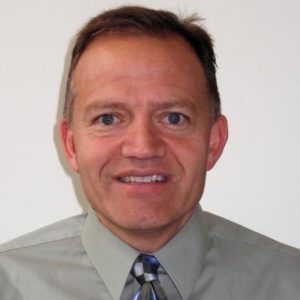
Dr. Newell Kitchen
You can find Dr. Newell Kitchen’s footprints all over modern agriculture. It began on his family’s farm in Utah, where his parents taught him the value of being a steward of the land, soil, plants, and a few animals.
“I grew up milking a cow by hand. You see life differently when you have those early experiences. The agrarian experience I have found has brought a richness to my life,” he says, just having come in from work on research plots at the University of Missouri at Columbia’s Sanborn Field, which he explains is celebrating its 130-year anniversary.
“Even though I don’t live on a farm and I haven’t raised my own children on a farm, I certainly see life and think of the value of life and think of my relationship to my Maker in a different way because of that. I’ve always had a thirst for understanding for the biology of agriculture,” he says, adding: “There are a lot of choices in life. This is one of the choices I feel has been real positive for me. It’s been a blessing to my family. Hopefully I’ve served my colleagues and professional community well as a part of that. I continue to maintain a perspective that it’s not a job, it’s an opportunity for service – and by the way you end up bringing a check home to support the family, too. I would like to think that’s a pretty good perspective to have on life.”
MORE BY JACKIE PUCCI
Michael Ott: Taking Drone Application from the Drawing Board to the Field
A Soil Scientist with the Cropping Systems and Water Quality Research Unit of the USDA – Agricultural Research Service in Columbia, MO, and an Adjunct Professor with the University of Missouri, Kitchen started working in soil science about three decades ago, which is when he first grew interested in a pivotal concept: variability.
In graduate school at Colorado State, he had a hand in research that helped launch the early ideas of precision agriculture in the 1980s – long before anyone called it “precision agriculture.” Mentored by Drs. Dwayne Westfall and Gary Peterson at Colorado State University, they labored on long, narrow, agroecosystem plots set along a sloped landscape bursting with a myriad of different cropping rotations.
“My four years working on those plots opened up my understanding. (The soil) was quite variable, so why don’t we do things differently because of that?”
When others were ignoring variability, he understood early on that it was something that is to be understood, measured, represented, and managed.
“When you can quantify variation in soil, you can do a better job of really knowing how to manage those soils,” he says.
In the past, people relied on the USDA soil survey maps through the National Resources Conservation Service, but they were limited in terms of understanding spatial variation within fields. “Getting to where we can use different sensing technologies, such as soil electrical conductivity, to measure and then quantify variation in fields and use that to come up with different management zones is really a helpful step forward,” he says. “Some of the early science we did in that area back in the ‘90s and has continued the past couple of decades has been foundational for how some of the large companies representing soil variation.”
Kitchen’s research group was also instrumental in developing the software Yield Editor, a tool to clean combine yield data. This software has been downloaded thousands of times and is used by many large companies. “Because there is a whole set of complex sensors that are working on a combine simultaneously to come up with that data for mapping yield, if any of those are not working right it can corrupt the whole thing. It’s really important to get good quality yield data,” he says.
Nitrogen management has shown to be yet another fruitful focal point for Kitchen. Studies he helped conduct in Missouri 15 years ago demonstrated that in-field variability of corn’s nitrogen need varies by as much as 80 to 90 pounds per acre. That work was key in establishing that a flat application rate covering a field could result in over- or under-application of fertilizer in areas of the field. “It’s all about finding the tools and technologies that can help you best manage the crop in a way that the amount of nitrogen you apply meets the crop need,” he says.
“We are also trying to help find ways to address soil health and improve soil health with integrating precision agriculture technologies.” In Kitchen’s latest research project, he works alongside two colleagues, a soil microbiologist and an agricultural engineer, to bring together the knowledge, understanding, and technologies of each of their areas of expertise: soil fertility (Kitchen’s focus), soil health, and soil sensing. “We’re pulling them together and working in the nexus of those three disciplinary specialties. ”“We want to be able to improve understanding of how we go about measuring with sensing, managing soil fertility and fertilizer inputs, and better understand how soil health can modify decisions. There are a lot of things at play,” he says. “We are initiating new research on farmers’ fields to hopefully develop the science, and the ability to do just that – and that will trickle into decision making for farmers.”




